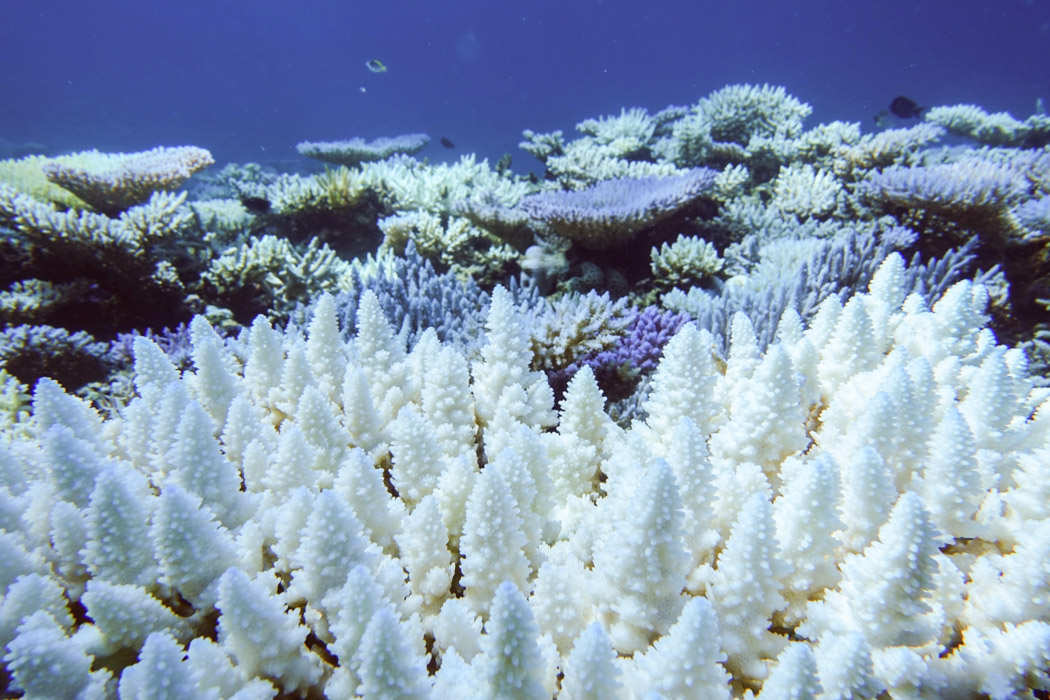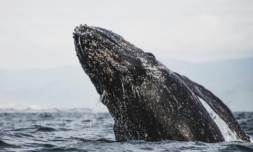Australia’s Great Barrier Reef faces a dire threat as officials confirm a mass bleaching event caused by climate change, marking the fifth occurrence of significant damage in just eight years.
The Great Barrier Reef, one of the world’s most iconic natural wonders, is under major threat as officials confirm a mass bleaching event wreaking havoc on its delicate ecosystem.
In a grim announcement on Friday, the Australian Institute of Marine Science (AIMS) and the Great Barrier Reef Marine Park Authority revealed that widespread damage had occurred at this UNESCO World Heritage site.
Aerial surveys conducted across two-thirds of the marine park confirmed the unfolding disaster—a pervasive coral bleaching event gripping the massive reef. Alarmingly, this marks the fifth occurrence of significant damage in just eight years, signalling a distressing pattern of degradation.
‘The results align with the prolonged period of above-average sea surface temperatures observed across the Marine Park,’ stated Dr. Roger Beeden, chief scientist at the Reef Authority. ‘Aerial surveys have depicted widespread coral bleaching in shallow waters across most surveyed reefs.’
This is not normal! It is clear #climatechange, driven by the burning of fossil fuels, is fuelling the increased frequency and severity of marine heatwaves, which are impacting the #GreatBarrierReef in more frequent and profound ways. pic.twitter.com/HvKPVZ2goC
— Greenpeace International (@Greenpeace) March 8, 2024




















